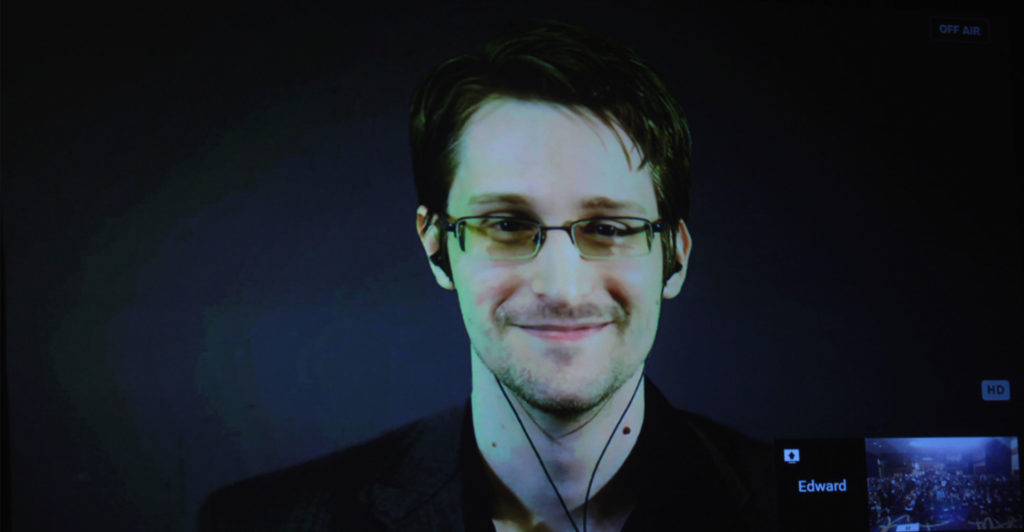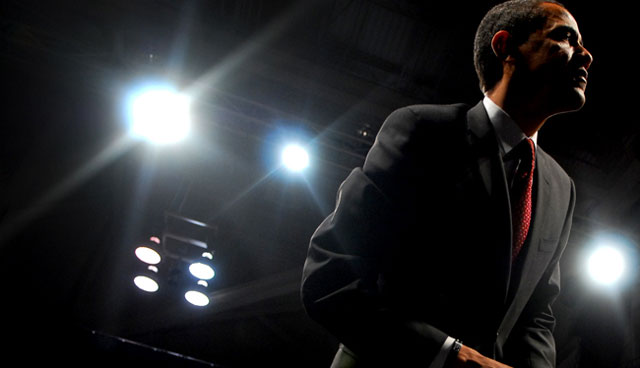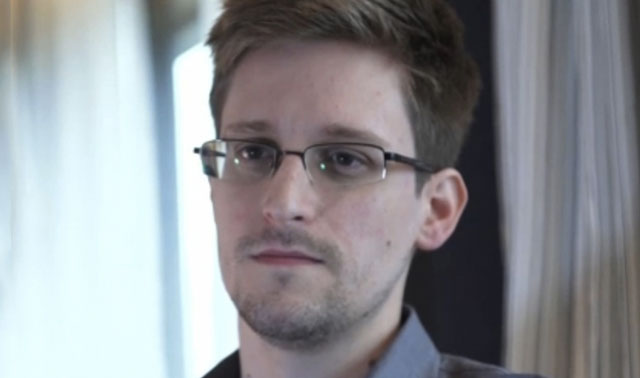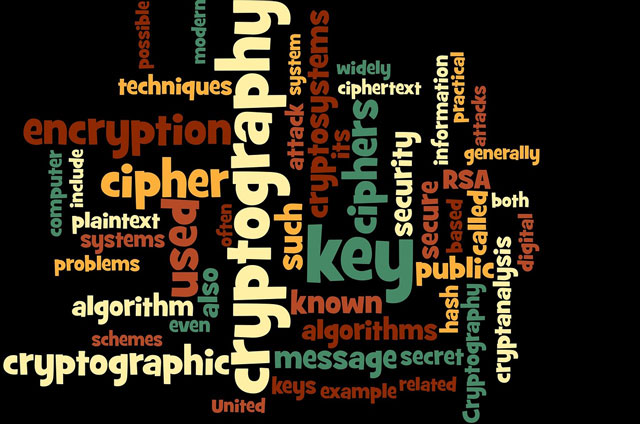A coalition of human rights groups and activists, including former National Security Agency contractor Edward Snowden, are demanding more details on the search giant’s potential plans to build out its China business.
Browsing: Edward Snowden
The military’s most prolific leaker of digital documents has ushered in an age of even more increased surveillance over government workers. The legacy of Chelsea Manning’s actions is under discussion in the
So, Barack Obama has commuted the sentence of whistleblower Chelsea Manning. Manning will be released in May. Now the US president must follow up that decision, before he leaves office this week, by giving a full pardon to
US President Barack Obama on Tuesday commuted the 35-year sentence of Chelsea Manning, the former army intelligence analyst who was convicted of leaking classified material, and pardoned marine-general James Cartwright. Manning, who
Ever since the former US National Security Agency contractor Edward Snowden fled to Hong Kong and handed hard drives filled with highly classified documents to the journalists Glenn Greenwald and Laura Poitras, there has
US intelligence whistleblower Edward Snowden believes that citizens need to push institutions for a right to encryption when communicating. Snowden was speaking via live stream to an audience at a briefing on privacy rights
With the release of a new film about Edward Snowden, the man who revealed secret documents detailing a massive US government spying programme, the debate about his character continues. That includes a renewed
Edward Snowden is increasingly unhappy with the situation in Russia, where he has lived for more than three years. President Vladimir Putin once welcomed the National Security Agency contractor for his propaganda value, but he may be
Who controls what in the digital world? Apple is currently involved in a court face-off with the FBI, and has refused to produce software that would help investigators to unlock the phone of San Bernardino gunman Syed Rizwan Farook. The clash
Western governments, notably the UK and the US, are pushing the software industry to open “backdoors” into our encrypted communications. The argument touted by government agencies for nearly 20 years is that terrorists use strong encryption to hide their communications, therefore we should ban strong










